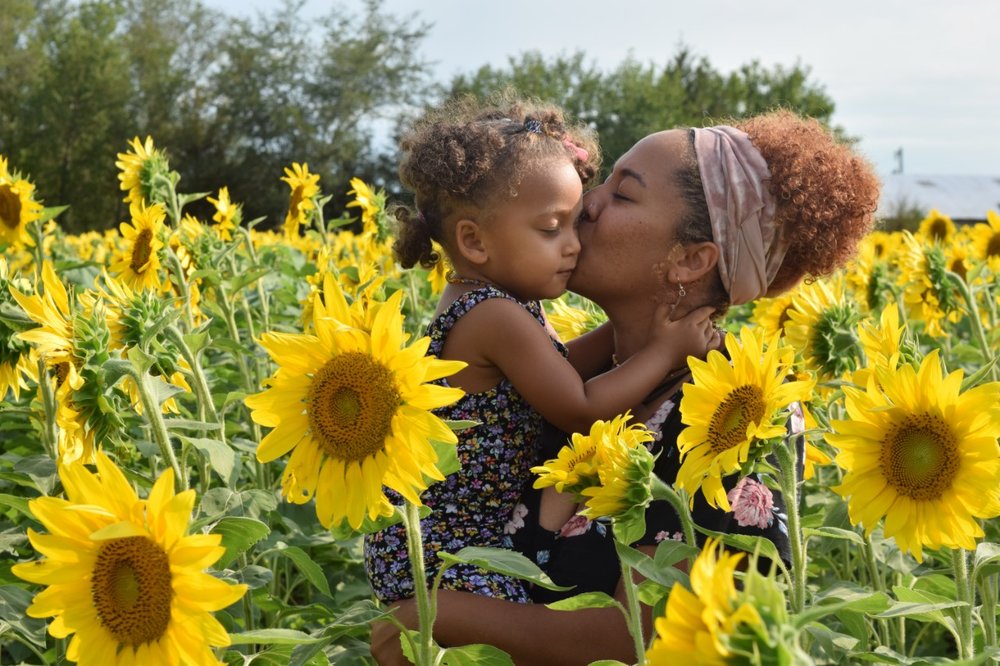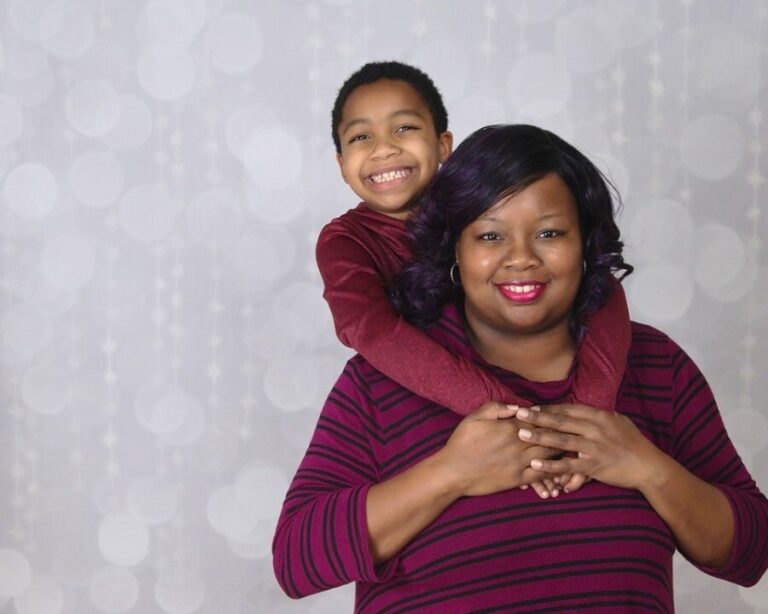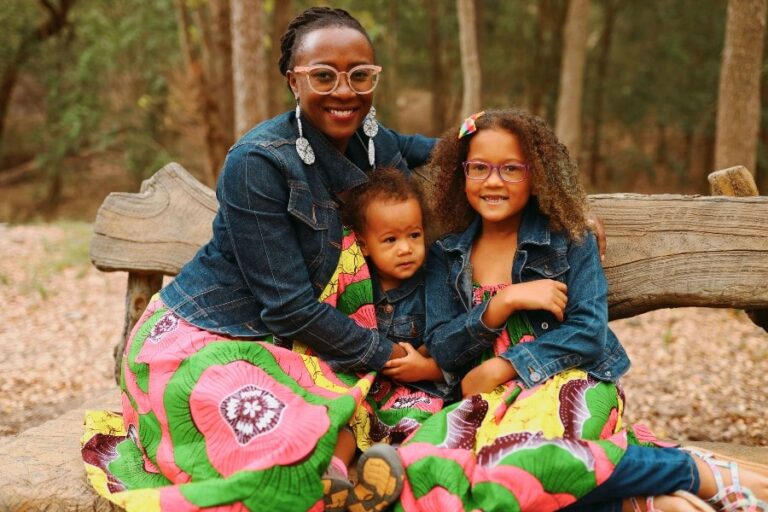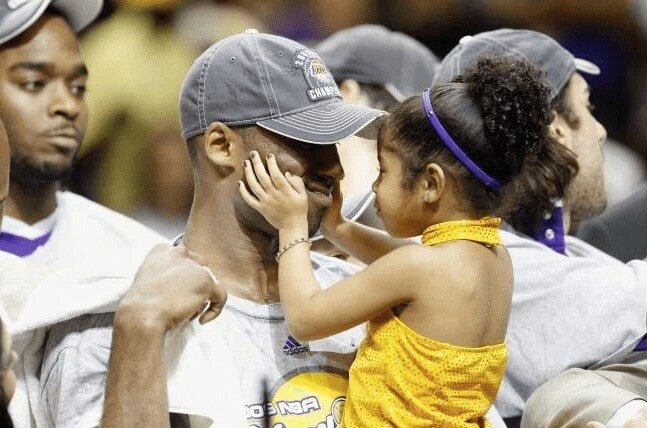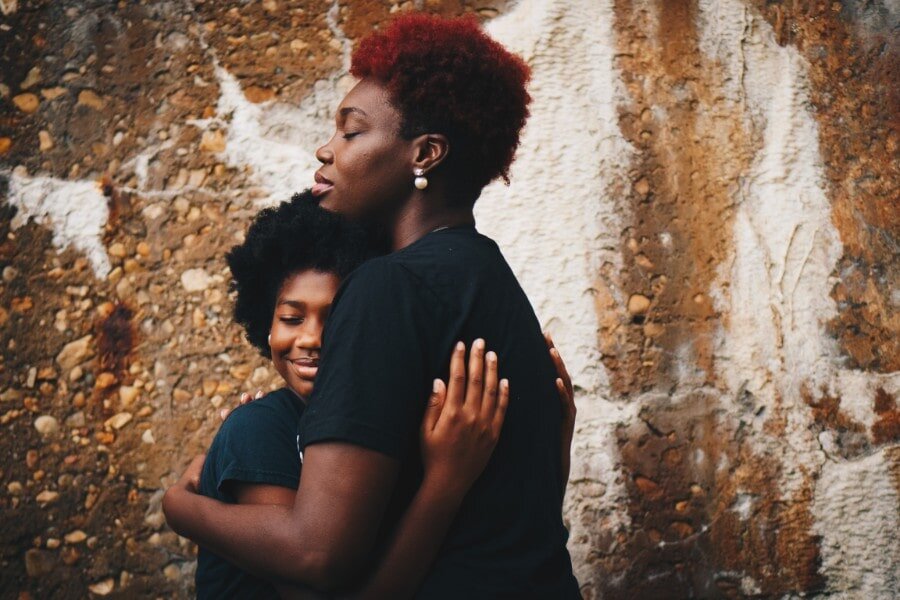Growing up in a Zimbabwean household, my self-worth was tied to my academic success. My cousins and I were pitted against each other at the end of each school term, when our parents boasted about our grades. When I turned 18, my Dad sent me to Kansas—the land of his people—so I could go to college and make something of myself.
In college I felt the pressure to add academic letters to the end of my name in order to feel like I had accomplished something. The goal was undergrad, graduate school, and then onwards to my doctorate. Nevermind that I had yet to find a discipline that truly resonated with me—I just had to get it done for the sake of it.
When I got pregnant my last year of undergrad, I began to reflect on my childhood and how it shaped me as a scholar and as a person. I thought about my identity as a Black woman in America. What experiences did I want my offspring to have?
I had felt so much pressure living in a world that expects us to work twice as hard for half as much. I decided to unplug from that narrative and live life on my terms. It felt almost like a matter of life and death, and for many Black people in America, it is.
I’m going to give them the freedom to be their whole selves outside of me.
After moving to the States I noticed the pressure that Black caregivers and their children are under in a world that considers them less than. Our kids must be well-groomed and well-behaved at all times, even at the expense of their childhood. There’s a scene in the Netflix movie Nappily Ever After that comes to mind:
A little Black girl with perfectly straightened hair is at the pool with her family. She stands at the edge of the pool in her swimsuit, staring at the White kids frolicing in the water, screaming and having a blast. Her mama admonishes her and asks her to step away from the pool because she can’t get her hair wet.
Our children are under scrutiny 24/7—you can see it in the reactions to Blue Ivy’s nappy edges and to an infant’s facial expressions. Any deviance from the norm is considered to not be a good representation of us.
In my eyes, our children are too tightly controlled. We judge each other even harsher than the world does. They’re rarely allowed to be emotional, to push boundaries and explore as children are biologically inclined to do. Oftentimes they are met with harsh words and physical punishment. I experienced much of this myself.
I totally understand why these dynamics exist. Colonization and slavery have left little room for Black folks to be lax when it comes to our children. We can’t afford it, not when George Zimmerman and his kind exist.
I digress.
When I was pregnant, I thought about what life I wanted for my child. I decided that I wanted them to be free.
To be a child for as long as possible in a world that strips innocence from Black babies from birth.
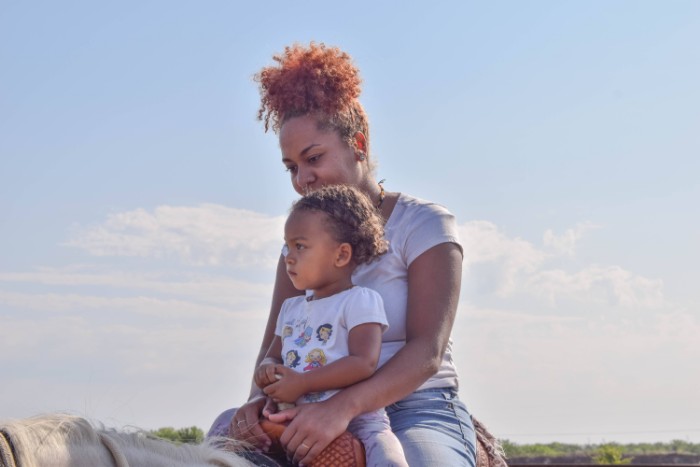
To play unabashedly and with abandon.
To be one with nature and the earth that is their inheritance.
To have wild hair, to be barefoot, to laugh and cry and sing with gusto.
I will put no pressure on them or my family to present ourselves as “acceptable” in anyone’s eyes. As long as we are safe and happy, we are good. They will get no swats on the butt from me when they lose their shit in the grocery store because they want candy and can’t have it. Shoot, I want that candy, too. How can we expect or demand reasoning from a tiny human fresh on this Earth when we have grown men in leadership without a lick of sense between their ears?
Instead of choosing a path for my children, I work every day to provide a safe space for them to pave their own way. This is hardly instinctual for me. As a Zimbabwean, a lot of our people care about status. We want our children to be doctors, lawyers, rich, and successful. Those are the things that make our people proud. I want my children to know that they alone hold the key to their happiness and sense of self. My pride is not connected to their accomplishments.
My goal is to nourish their sense of excitement and curiosity. To encourage them to pursue the things that make their heart sing, as opposed to steering them into my dreams. I won’t tie my self-worth to their successes or failures, but instead see them as their own people capable of choosing the best path for themselves.
I’m going to give them the freedom to be their whole selves outside of me.

